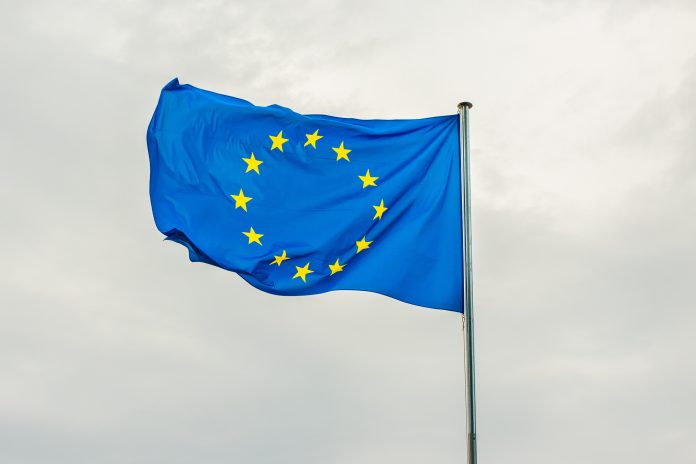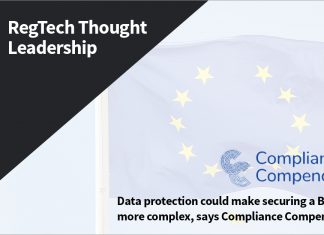The EU Commission unveiled a draft Delegated Act last Friday proposing alterations to the European Sustainability Reporting Standards (ESRS).
These standards establish the rules and prerequisites for corporations to report on sustainability-related impacts, opportunities, and risks under the imminent EU Corporate Sustainable Reporting Directive (CSRD). The proposed changes primarily aim to reduce the reporting load for smaller businesses and first-time reporters.
In the amendments, the European Commission suggests extending phase-in times for key sustainability factors such as Scope 3 value chain emissions. They also encourage firms to concentrate solely on material sustainability factors. The changes are set to increase the quantity of companies providing sustainability disclosures dramatically, from the current 12,000 to over 50,000. The regulations will also demand more comprehensive reporting on the firms’ impacts on the environment, human rights, and social standards, and on sustainability-related risks.
The EU Commission’s draft follows the European Financial Reporting Advisory Group’s (EFRAG) ESRS draft submission in November 2022. This group, majorly funded by the EU, was directed by the European Commission in June 2020 to get ready for the new EU sustainability reporting standards.
The EU Commission held consultations after EFRAG’s submission. Feedback indicated that the draft standards from EFRAG largely meet the CSRD’s mandate and align with the European Green Deal’s goals. However, concerns were raised about the “challenging nature” of some reporting requirements, especially for first-time reporters. The Commission’s update considers these factors and seeks to lower the costs required for CSRD rule compliance.
For companies with fewer than 750 employees, the Commission’s draft allows for omissions in the first year regarding Scope 3 emissions data and “own workforce” disclosures, which cover topics such as working conditions and equal treatment. The proposal also grants an extra year for all companies to disclose information on non-climate environmental issues and certain “own workforce” datapoints.
However, these new proposals haven’t been welcomed by everyone. Eurosif, the European sustainable and responsible investment association, expressed concerns that the changes could impede the effectiveness of the CSRD. Eurosif’s Executive Director Aleksandra Palinska said, “We acknowledge the challenges preparers will face when complying with the ESRS. However, the EU Commission should not prioritise reducing reporting requirements at the expense of the public interest and other stakeholders… If not amended, this draft Delegated Act will hinder the capacity of investors to make informed sustainable investment decisions and risks jeopardising EU commitments to deliver on the EU’s Green Deal and Climate Law ambitions.”
Copyright © 2023 RegTech Analyst
Copyright © 2018 RegTech Analyst






